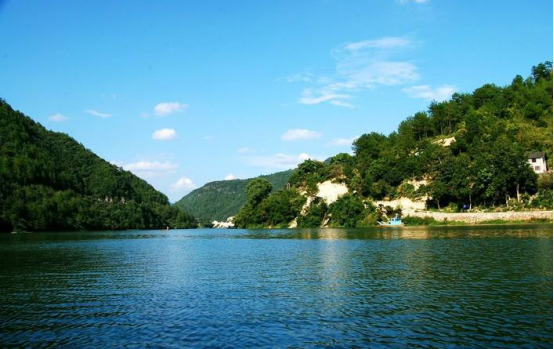BEIJING, Jan. 12 (Xinhua) -- Addressing the One Planet Summit on Monday, Chinese Vice Premier Han Zheng called on all nations to build a shared future for all life on Earth.
China, for the global undertaking, has made major contributions to improving environmental quality and boosting biodiversity in its process of high-quality development. The following facts show what China has done to make the world a better place for all.
-- China has issued guidelines on an ecological "red line" strategy that ensures certain regions are under protection.
-- The country has facilitated the formulation of laws and regulations on the protection of wild animals, national parks, wetlands and nature reserves to provide biodiversity protection with legal support.
-- To protect ecosystems and endangered animals, the country is setting up a national park system and has piloted 10 national parks, including national parks for giant pandas, with the total pilot area topping 220,000 square km.
-- China's wetland area increased by more than 3 million mu (200,000 hectares) over the past five years thanks to measures to enhance wetland conservation and restoration. The country has also established a national wetland protection system for tiered management of wetlands nationwide.
-- A 10-year fishing ban, effective from Jan. 1, covers all key waters of the Yangtze River. The move will help the country's longest waterway recover from dwindling aquatic resources and degrading biodiversity. A fishing ban in 332 conservation areas along the river has been in place since the beginning of 2020.
-- In the first 10 months of 2020, over 86.1 percent of the water in the Yangtze River Economic Belt met a level-three standard or above, rising 12.8 percentage points from 2016. China classifies water quality into six levels, from level one, which is suitable for drinking after minimal treatment, to level six, which is severely polluted.
-- China has rolled out interim rules for carbon emissions trading management, which will take effect on Feb. 1. The rules are a key step to building a national emissions trading system. In the initial phase, 2,225 power firms that emit over 26,000 tonnes of greenhouse gases per year can start trading their emission quotas.
-- Once the world's largest recipient of overseas trash, China announced last year that it would ban all solid waste imports from Jan. 1, 2021 amid the country's steady push for a green shift.
-- Calling for global cooperation on biodiversity conservation, the 15th meeting of the Conference of the Parties to the Convention on Biological Diversity will be held in Kunming, capital of the southwestern province of Yunnan, in 2021. The event will review the post-2020 biodiversity framework and set new global biodiversity targets for 2030. Enditem




 A single purchase
A single purchase









